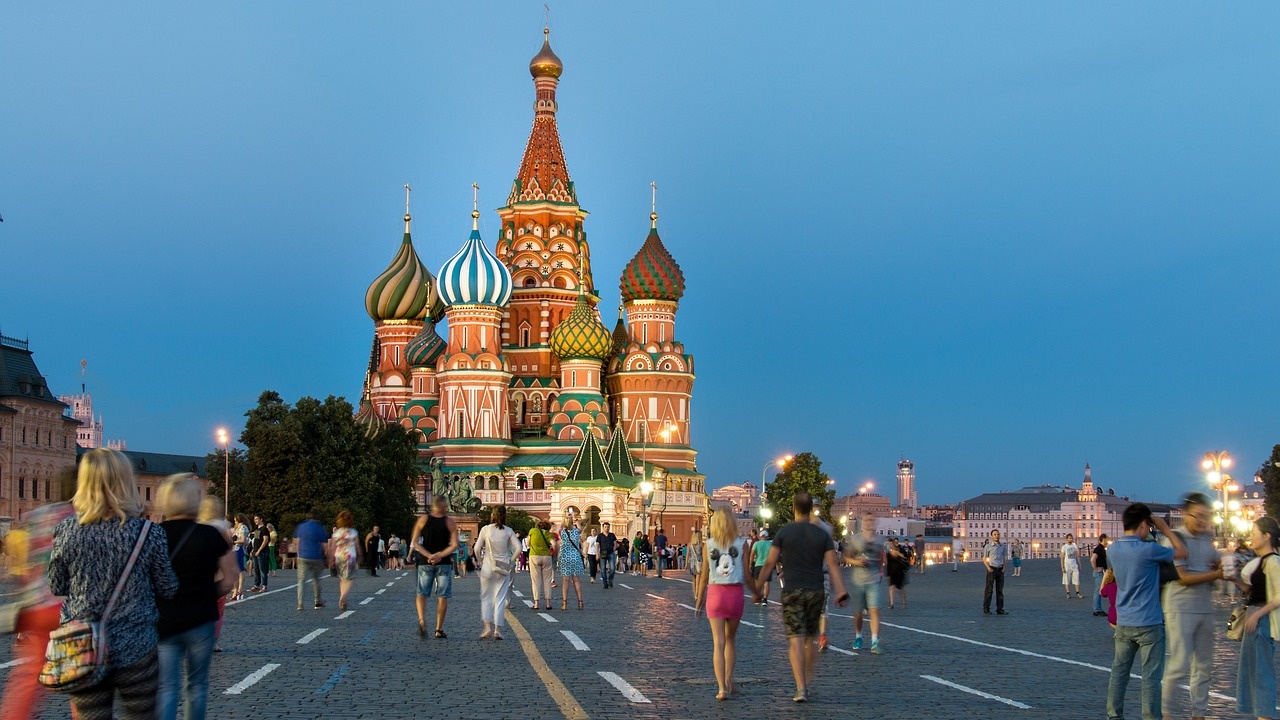Russia can be swallowed up by its neighbors. This was written by Ukrainian journalist Svetlana Morenets, who is also a refugee from the war, in the British newspaper "Telegraph".
Ukraine's resistance to Putin's invasion has destroyed the idea of Russian invincibility. Everyone is already aware that Russia is not the invincible empire that Moscow struggled to present itself both externally and internally. And just as Russia is trying to declare Ukraine its own, other countries are watching chunks of Russian land seeing an opportunity as the war shows how weak the Russian military is. The republics of Russia are waiting for the right moment to displace the tyrant. The Kremlin must be careful about propagating a world in which it is acceptable to seize territory by force. This only invites others to emulate and demand parts of Russia for themselves, Nova TV reported.
Japan was the first country to break its silence after a full-blown invasion of Ukraine last year. Tokyo said it was "completely unacceptable that the northern territories have not yet been returned after their illegal occupation by the Soviet Union 77 years ago." This annexation led to the expulsion of the Japanese from the southern islands and since then the two countries have failed to reach a compromise. The talks broke down when Putin showed he did not want to return territories, only to acquire new ones.
China is also beginning to draw maps on which part of Siberia and the Russian Far East are marked as Chinese. Large areas of Chinese land were annexed by Russia in the 19th century. Unable to regain this territory peacefully, Beijing is seeking economic expansion around Baikal and is actively buying and renting land near the border.
Crisis: Kremlin will mobilize scientists for the front
In Poland, it is claimed that Russia occupied the Kaliningrad region in 1945 and that Warsaw has the right to claim it. Turkey, Azerbaijan, Kazakhstan and even Ukraine could also have an interest in fighting for Russian lands. Russian fighters who infiltrated the Belgorod region under the Ukrainian flag served as a reminder to Putin that others could demand the recapture of "native territories." Kiev has been seeking to rebuild its borders since 1991 and end the war. Yet the prospect of the Russians in exile turning Russia's border regions into "national republics" is seen as a welcome payback for Moscow's actions in the Donbass.
As Moscow seeks to expand its European borders, Russia's national autonomies and their exiled leaders envision the decolonization of Russia, dreaming of dividing it into 34 independent states. So far, national liberation movements have been absent due to oppression and persecution in Russia. When the Soviet Union collapsed, several regions in Russia declared their state sovereignty, but were silenced. These regions have constitutions declaring their sovereignty as separate states, and their relations with Moscow are governed by treaties on the distribution of power. These norms are "dormant," but can be activated as soon as the regime demonstrates an inability to keep the empire in check.
The Kremlin has legitimate concerns about a possible domino effect on a request for sovereignty. The Russian economy relies on the redistribution of resources from the regions to Moscow. The prospect of gaining control of their own finances may prompt local elites to strive for independence. The destruction of Chechnya showed other nations that were forcibly annexed to Russia how Moscow dealt with the "separatists." Nevertheless, the Kremlin is pushing the population of these regions to the brink by throwing their men on the battlefield in Ukraine like smoking meat.
The poorest regions in Russia are most affected by conscription. Anti-war rallies were held in Dagestan, Kalmykia and Buryatia, where the leaders of the republics opposed conscription. They believe they are treated as second-class citizens based on their ethnic origin, compared to those living in St. Petersburg or Moscow. The growing number of coffins delivered from the front line to small towns and villages further fueled the fire. Once intense, the liberation movement can encompass many regions, leaving the regime only those territories that are firmly connected to the Russian narrative and do not wish to free themselves from imperial rule.
The Ukrainian government believes that Russia's imperialist ambitions must end in justice for all. It has recognized the Kuril Islands and the Chechen Republic of Ichkeria as temporarily occupied by Russia and supports exiled politicians from Russian national minorities. Ukraine insists that in order to achieve lasting peace in Eastern Europe, Moscow's troops must leave not only Crimea and Donbass, but also Transnistria, Abkhazia, Nagorno-Karabakh. It's an idealistic dream, almost impossible, because Putin won't cede an inch of land for free.
It would be wise for Moscow to have its back. It may be that it reaps what it has sown, as the Russian lands prove too tempting for its neighbors and its oppressed citizens.
